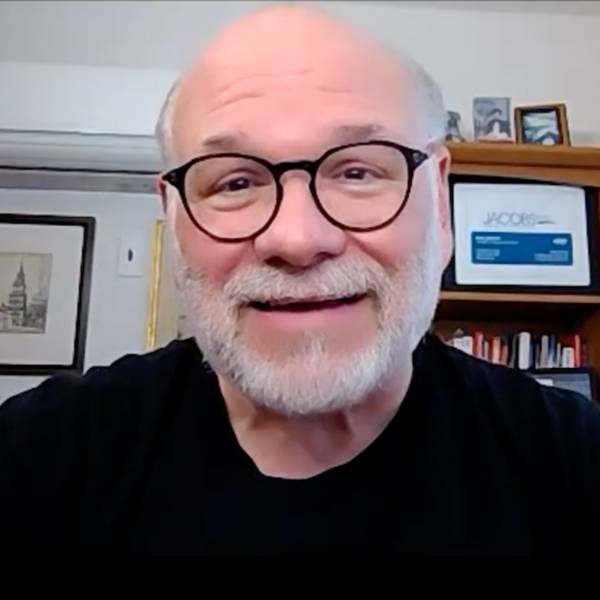To Lead During Uncertain Times, Believe in Yourself
By Ken Jacobs
November-December 2020
Many of us are exhausted. We survived the COVID-19 crisis mode of March through May. And then we got through the summer, hoping life would return to normal by the fall. So far, it hasn’t.
In particular, leaders and employees with school-age children at home may have grown tired of debating whether schools should reopen. And regardless of whether school is held in-person, virtually or in a blend of both, many parents seem unhappy with the arrangements. As if that’s not enough, we also don’t know when we’ll return to “normal” or what the “new normal” might be, further taxing many of us.
Here are six strategies to lead ourselves and our teams through these ongoing, uncertain times:
Act courageously.
If employees need one thing from their leaders now more than ever, then it’s courage. For leaders, courage doesn’t mean that you’re never frightened. It means being able to take actions that might scare you, or to lead despite feeling frightened.
Throughout history, leaders from all walks of life have tapped into their own courage and helped others find theirs. Today, we need to do the same. During these uncertain times, it takes bravery to lead an agency, organization or department. You can receive a dose of courage from the examples set by history’s leaders or from any leader in your own life — whether it was someone you’ve worked for, a family member or a friend.
Courage is magnetic. The more courage we show, the more our teams, peers, stakeholders and even our bosses will follow us.
Be transparent.
If you’ve resisted being transparent with employees about your organization’s situation during the pandemic because you think the truth will frighten them, then the opposite is likely true. What really scares them is the unknown.
According to the NeuroLeadership Institute, a research organization that develops brain-based methods to help individuals and organizations improve their leadership, “When leaders share information, reveal the reasons behind their decisions, and express their true feelings and vulnerabilities,” such communication instills a sense of psychological safety in those who hear it. And that’s something we all yearn for these days.
Being transparent boosts employee engagement, performance and happiness, and makes leaders more trustworthy and effective, the Institute says.
Being transparent with followers also fosters trust, collaboration and employee empowerment, says Niraj Ranjan Rout, founder of Hiver, a software company that helps organizations collaborate from their email inboxes.
Set high standards for your leadership.
I’ve written in these pages about not demanding perfection from your teams. That said, one area where you should demand superior performance is with your own leadership.
Some questions to ask yourself: “How would each team member grade my leadership performance this week? Did I demonstrate that I have their backs? Did I earn their trust? Did I let them know that I trust them in return? Did I consistently communicate respect to everyone, no matter the situation? Did I customize my leadership style for each direct report? Did I not just delegate effectively, but did I empower?” And perhaps most important, “Did I inspire?”
Always thank them.
Appreciative bosses have always inspired their employees, but I believe they’re even more important today. Write a note of thanks on paper (not in an email or text). Be as specific as possible about what the person did and the benefits that were achieved as a result. And don’t fret over the words.
When you follow these guidelines, there’s no limit to how often you can thank someone, and no limit to the impact that will have on their morale, engagement and their desire to perform at their best. The entire organization will benefit.
Believe in yourself.
I passionately believe that believing in yourself is the most important thing you can do to help your teams, your organization and yourself through these uncertain times. Know that you have the courage, strength and leadership skills to weather the storm. Your teams will follow you, no matter how long this lasts. Be inspired by what John Burroughs wrote: “If you think you can do it, you can.”
Accept uncertainty.
Acceptance is a powerful tool that can get us through just about anything, including the COVID-19 crisis. Only trying to control what we can control is a good first step, but we can go further by accepting what we can’t control, including the uncertain days ahead.
Acceptance makes it easier to go with the flow and operate from a calm, centered state. When we get knocked down we can say, “Well, I didn’t expect that, but what should I do about it?” And then we can bounce back.



